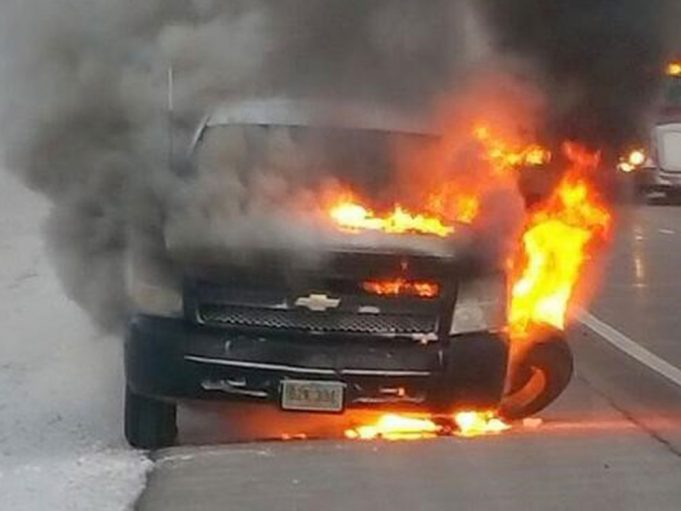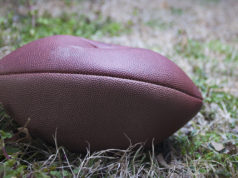Sometimes the riskiest part about being a sports official is getting to and from the game. Sure, no official likes the abuse we often take, but from a physical safety standpoint, the most danger we face is during our travel time.
How can we be sure that, if we are in an accident, our medical bills and lost wages will be paid? What if we caused the accident? Is the partner that we picked up on the way to the game going to sue us?
Car insurance laws vary
While car insurance laws in each state vary, the best thing sports officials could do is to make sure they have purchased adequate car insurance to protect themselves, their families and their passengers. Assuming that your driving record is not horrible, getting good car insurance is generally not that expensive. Most people, however, have no idea whether they have made a good purchase or not. Buying full coverage does not mean that you bought full protection.
You are protecting two things with car insurance: (1) your own assets if you caused the accident and caused either property damage or injury to someone else (including the officiating partner to whom you offered a ride); (2) you and your family if someone else caused the accident and the guilty party had inadequate insurance to cover your damages.
The first is liability insurance. The second is uninsured/underinsured motorist insurance. You want to purchase as much of each as you can afford and in most cases you want to purchase at least $500,000 of coverage.
Ask your agent this question: “How much would it cost me to increase my liability and underinsured motorist coverage to $500,000?” In most cases you will be shocked how inexpensive the additional coverage is.
Your agent may suggest an umbrella policy. Ask this question: “Does the umbrella policy offer additional uninsured motorist coverage?” Most do not. Your primary goal is to increase your liability and uninsured motorist coverage first.
Note that while the NASO Sports Officials Security Program provides protection against many types of claims made against referees and umpires after they arrive at the venue, it does not provide protection for driving. That’s what auto insurance is for.
What should you do if you are involved in an accident?
- Get care for the injured.
- Call the police.
- Move your car to a safe spot if it can be moved.
- Be polite and respectful to all involved.
- Alert your assigner and/or the teams you were scheduled to work to let them know you will be late (or not able to come at all).
- Share and collect information (name, address, name of insurance company) with the other driver if it is safe to do so.
- Take photos of the property damage if safe to do so.
- Call your car insurance agent and report the incident as soon as you can, even if it was not your fault.
Getting into an accident is a hassle. The last thing you need is the stress of unpaid medical bills or the loss of income if you cannot work. Being smart about buying car insurance is one of the best things you can do for the financial security of your family.
What's Your Call? Leave a Comment:
Note: This article is archival in nature. Rules, interpretations, mechanics, philosophies and other information may or may not be correct for the current year.
This article is the copyright of ©Referee Enterprises, Inc., and may not be republished in whole or in part online, in print or in any capacity without expressed written permission from Referee. The article is made available for educational use by individuals.
















